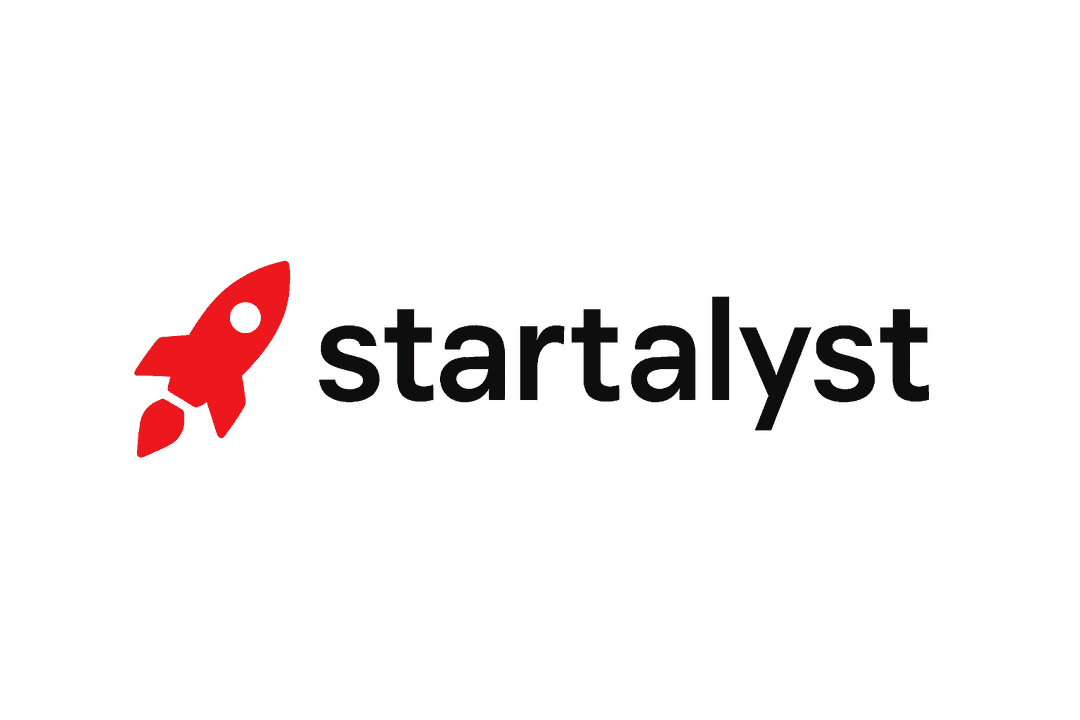Business Ideas In Construction Industry Starter Guide
How to Get the Best Results
Start by matching your real-world strengths to specific niches inside the construction industry rather than chasing every trend. Narrowing to one or two adjacent services — for example concrete repair plus waterproofing — makes pricing, tooling, and marketing much simpler.
Test offers locally with a low-cost pilot: one project, one flyer drop, one contractor phone list, and work the feedback into a fixed-price package. Use local channels like builders associations, subcontractor groups, and supplier bulletin boards to win the first repeat clients quickly.
Step 1 — Who are you?
Pick the background that best matches your daily skills and business appetite; the right match shortens your path to profit in the construction industry.
- Journeyman carpenter — carpentry — You can form a small crew that focuses on door, trim, and interior remodels for landlords that need quick turnarounds.
- Certified electrician — electrical — You can offer lighting retrofits and EV charger installs to contractors and homeowners looking for licensed work.
- Former project manager — project management — You can provide scheduling and subcontractor coordination as a fractional PM to busy general contractors.
- Estimator from a GC office — estimating — You can sell bid packages and material takeoffs to small contractors who lack an in-house estimator.
- Safety officer or HSE rep — safety compliance — You can create site safety plans and toolbox talks for local trades to reduce insurance costs and incidents.
- Equipment mechanic — equipment maintenance — You can offer mobile repair and preventive service to rental yards and small operators to cut downtime.
- Supplier or yard manager — materials procurement — You can broker bulk buys and delivery services for trades that want fewer supplier relationships to manage.
Step 2 — Add interests & skills
List the hands-on and business skills you enjoy; combine technical strengths with one marketing or operations skill to make the enterprise repeatable.
- Concrete finishing lets you target decorative slabs and small commercial floors that command higher margins than poured foundations.
- Demolition and site prep enables you to bundle removal and prep with rebuild services for developers doing infill projects.
- Drone surveying produces fast site maps and progress photos that attract builders and reduce surveying costs.
- BIM and 3D modeling allows you to offer clash detection and preconstruction visuals to small design-build teams.
- Welding and metalwork provides opportunities in custom railings, gates, and structural repairs for local fabricators.
- Green building opens work in insulation upgrades, air sealing, and retrofit rebates that homeowners and landlords want.
- HVAC basics permits package deals on retrofit work where you coordinate ducting and insulation for energy upgrades.
- Estimating software accelerates bids and lets you undercut larger firms on turnaround time for small commercial projects.
- Fleet management makes it easier to scale equipment rental or mobile services like on-site welding and concrete polishing.
- Onsite safety training gives you a repeatable product to sell to subcontractors needing quick certification sessions.
- Tool and equipment rental creates steady cash flow from short-term contractor and homeowner demand on weekends.
- Marketing for trades helps you package client-ready profiles and social proof to win local renovation leads.
Step 3 — Set available capital
Choose the budget you can commit without stressing personal cashflow; different business ideas in construction industry scale at different investment levels.
- ≤$200 — Create an estimating spreadsheet, build simple flyers, and post in local contractor groups to win small repair and handyman projects.
- $200–$1000 — Invest in basic tools, PPE, and a modest ad spend to test rental of specialty tools or offer weekend-focused handyman packages.
- $1000+ — Buy a used service vehicle, invest in trade-specific equipment, or secure a small bonding line to pursue subcontractor work on larger remodels.
Step 4 — Choose weekly hours
Be realistic about the time you can commit; construction projects require coordination and client communication even for small offerings.
- 5–10 hours lets you run lead generation, do estimates, and subcontract fieldwork to a trusted crew while you manage sales.
- 10–20 hours enables you to perform hands-on weekend jobs, supervise midweek projects, and grow repeat clients through referrals.
- 20+ hours supports a full-service microcompany where you schedule crews, purchase materials, and handle multiple simultaneous sites.
Interpreting your results
- Match the combination of background, skills, capital, and available hours to a single, testable service offering rather than a long services menu. For example, combine estimating plus drone surveying to offer pre-bid packages to small GCs.
- Prioritize ideas where entry barriers are low but demand is local and recurring, such as equipment rental, targeted repair packages for landlords, or safety training for subcontractors.
- Run a minimum viable pilot: one discounted job, two targeted outreach channels, and a simple tracking sheet for leads and conversion rates. Use the pilot to validate pricing and actual time on site.
- Plan how you will scale if demand grows: document standard operating procedures, identify reliable subcontractors, and set simple quality checks for each job to preserve margin and reputation.
- Account for regulation and insurance up front; many profitable construction opportunities require local licensing, bonding, and the right insurance to win contractor and commercial work.
Use the generator above to iterate combinations quickly, then test the most promising business ideas in construction industry with a focused pilot and local marketing. Keep what works and drop what does not.
